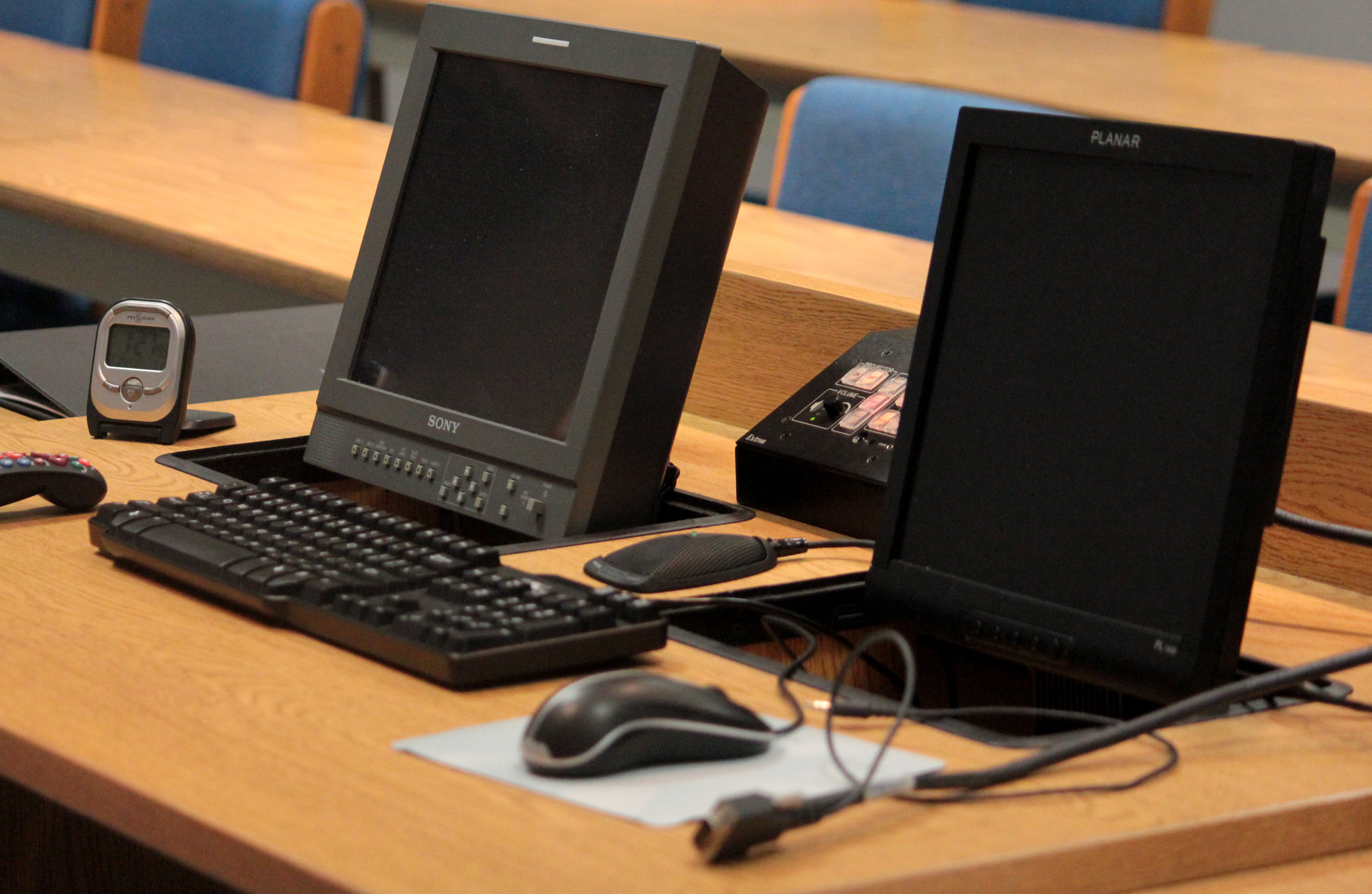With the pandemic suddenly hitting us, a lot of people have been forced into remote work for their company. Those who have been laid off have even taken up freelance or remote positions to make ends meet.
What lies ahead beyond forced quarantines may not be what had resembled our previous lives. In fact, as businesses may want to cut costs and liabilities, remote work may continue on in the ‘New Normal’.
Low-to-No Overhead
Having a remote workforce does not require renting an office building, nor does it need the maintenance of one. Since practically everyone has an internet connection, the infrastructure to start working is pretty much already set up.
Even better, as workers are getting used to the BYOD (Bring Your Own Device) mentality, the starting costs of a remote team should now be close to zero.
Call centers had already made the biggest move towards remote work long ago, and general office work will likely follow.
Is Remote Employment Effective?
Some employers absolutely hate the idea of leaving employees to their own devices. It’s mostly due to perceived loss of productivity, but issues in regards to security or privacy are also there.
Still, some independent studies have shown that remote workers are more productive than at the office, but we can also expect a degree in variance between people.
One thing to note is that remote employees will typically work more hours and more days than the typical in-person office worker. Saving time and energy that goes into the morning commute should also be considered.
With the availability of seamless video conferencing, you can still include the social aspect of time and still feel in control.
Going Independent
With mass layoffs and being stuck at home, there’s no better time to have your hand at starting an online business, becoming an influencer, or trying out freelance platforms.
In fact, the internet makes it viable for the average person to dive into a lean startup, meaning there is an extremely low-cost barrier to get into the business.
Not everyone is fond of being their own boss, as it requires more diligence and sometimes more costs. At least in the United States, you will even start out at a higher tax bracket.


